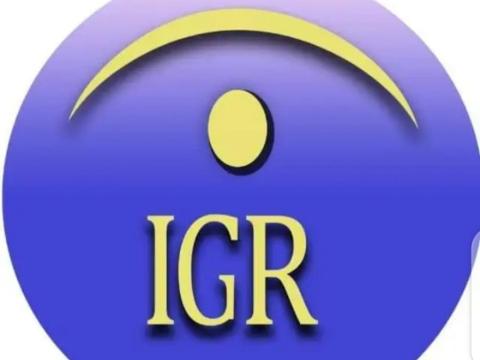By Aminita Sameena Sesay
A coalition of civil society organisations comprising the Institute for Governance Reform (IGR), Fifty-Fifty Group (50/50) and Center for Accountability and Rule of Law (CARL) has called for an inclusive Proportional Representation (PR) system in the 2023 general elections.
They made the call to the Electoral Commission of Sierra Leone (ECSL) in a press release issued on the 24 October, 2022.
The CSOs urged ECSL to take steps that would guarantee citizens’ say in designing the rules and regulations for the PR system as well as in the party primaries that will eventually derive the party list for each district block.
The organisations said that the announcement made by ECSL on 21 October 2022, that the District Block PR system would be used for next year’s elections sparked feisty debates among members of the public. They however stated that, given the contestations between political groupings on electoral systems and processes, they would like to proffer suggestions to Elections Management Bodies (EMBs).
They cited the Legality of the Process saying the announcement came amidst concerns from opposition parties, especially the main opposition All People’s Congress (APC) and the National Grand Coalition (NGC). They also noted that, since Sierra Leone was entering a heated election period, the need to bring everyone onboard was paramount. They called on the judiciary to impartially and expeditiously interpret any suit filed with the Courts that might want to challenge the legality of the announcement.
They said, considering the growing political polarization in the country, a fair and balanced judicial process was integral to the legitimacy of the electoral process as well as the government that would be elected. They therefore said that there was the need to ensure that all voices were heard and felt represented.
The coalition’s release pointed to a recent IGR report showing that about eight in every 10 Sierra Leoneans did not know which electoral system the country was using prior to the announcement. The 50/50 Group corroborated the same low levels of knowledge during nationwide consultations held with women in August and September on their understanding of the electoral systems.
They maintained that, considering the low knowledge base of the governance system among citizens, it was safe to conclude that applying the PR system would require a more robust civic and voter education than in previous elections. They recommended to the ECSL and elections stakeholders to consider working with CSOs and the media on public education on the electoral system, rules, regulations and expectation for meaningful public participation.
The CSOs quoted Section 58 (2) of the 2022 Public Elections Act which thus says that “For every 3 candidates nominated under subsection (1), one of them shall be female.” They said, if the Act was followed, it would increase women’s representation in parliament from the current “dismal” 12%.
They expressed concern that in putting this law into effect in a district block system, women might not secure the intended one/third representation in certain districts. They said the 16 districts had varying population sizes, and by extension, varying number of parliamentary seats. In the event a district has 3, 6, 9 or 12 seats, it would be easier to derive the one third, but that it would not be the case for districts that cannot be divisible by three.
“In this case, women will lose out and will end up not being represented in adequate numbers as legislated,” they said.
They therefore recommended for a zipper system to be used and urged ECSL, Political Parties Registration Commission (PPRC) and political parties to adopt a sequencing policy that would place women first on the party list, followed by two men.
The CSOs coalition pointed out that the PR system gave enormous powers to political parties to present the list of candidates per district. They cited the need for clear rules and regulations that would ensure that political parties did not settle for the bare minimum in selecting candidates. They also called for consideration to be given to the nominees’ experience, capabilities, and their connection and work in advancing the interests of the people in their district.
They pleaded with the PPRC and ECSL to broaden out the scope of stakeholder engagement to ensure that procedures for active citizen participation were adopted in the rules and regulations of the PR system were enforced.
Copyright © 2022 Politico Online (26/10/22)








